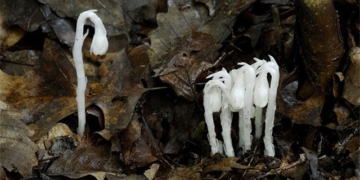American researchers have identified a brain activity pattern considered a “biomarker” related to clinical expressions indicating recovery in patients with treatment-resistant depression who were treated with a new deep brain stimulation (DBS) device.
The National Institutes of Health (NIH) announced this finding on September 20.

Researchers in the U.S. have discovered a biomarker to monitor recovery in depression patients. (Source: HUB).
This finding in the study represents a significant advancement, paving the way for the use of brain data to assess patients’ responses to DBS treatment.
The research was conducted with adults suffering from treatment-resistant depression who underwent DBS therapy for six months.
Researchers employed artificial intelligence (AI) tools to analyze brain data collected from patients and observed a common signal of brain activity, termed the “biomarker,” in patients who self-reported experiencing depressive symptoms or stable conditions during their recovery.
Patients responded well to DBS therapy. After six months, 90% of patients showed significant improvement in depressive symptoms, and 70% reported a reduction in symptoms or complete remission of their condition.
According to NIH Director Joshua A. Gordon, this biomarker indicates that brain signals can be used to assess patients’ responses to DBS treatment, allowing for tailored therapeutic adjustments.
These findings mark an important advance in bringing therapy into practical application.
| Biomarkers are biological molecules found in blood, fluids, or tissues (such as proteins, enzymes, nucleic acids, antibodies, etc.) that are related to changes in gene expression, protein structure, function, and cellular metabolic signaling; thus, they serve as indicators of abnormal processes or disease progression. |



















































